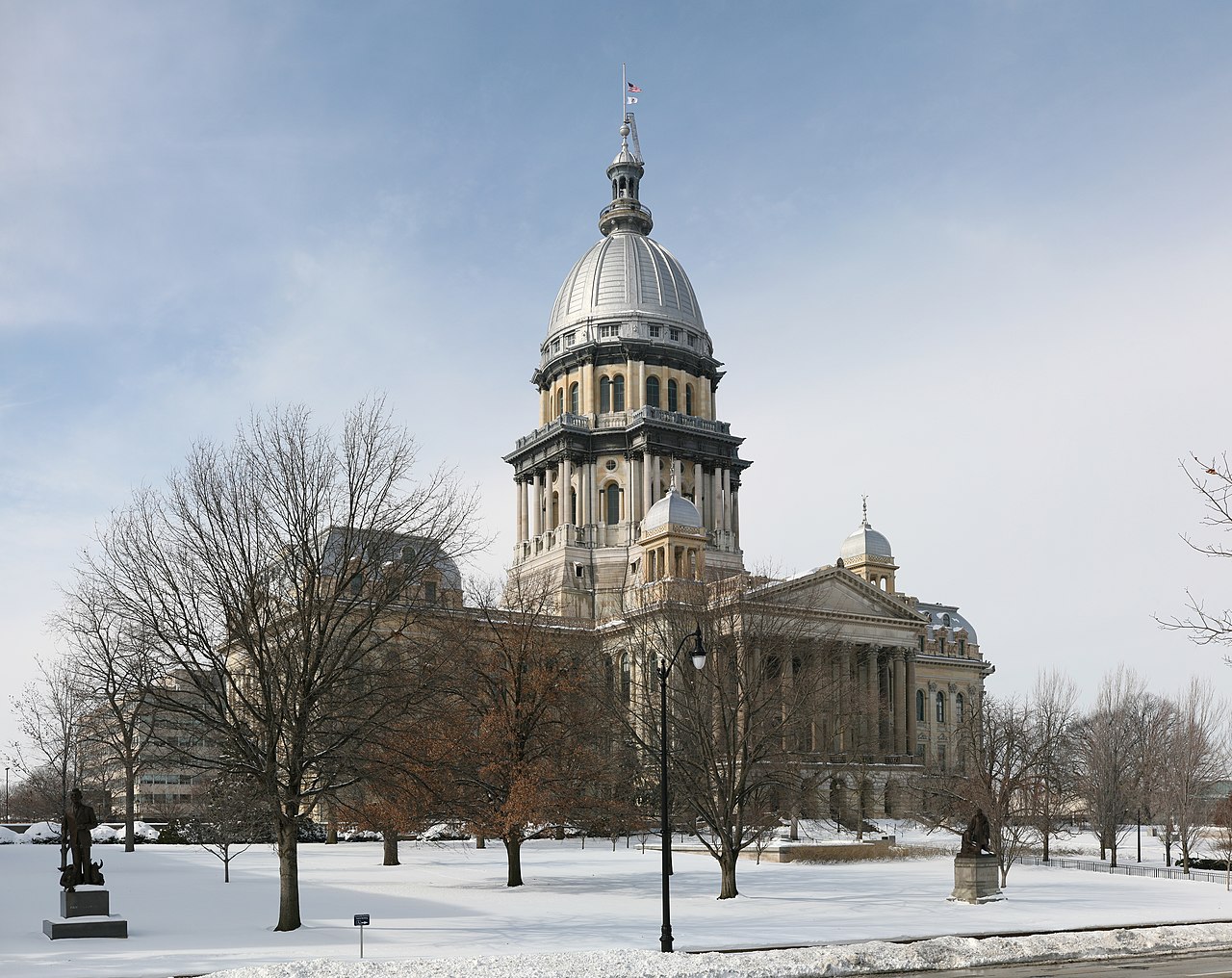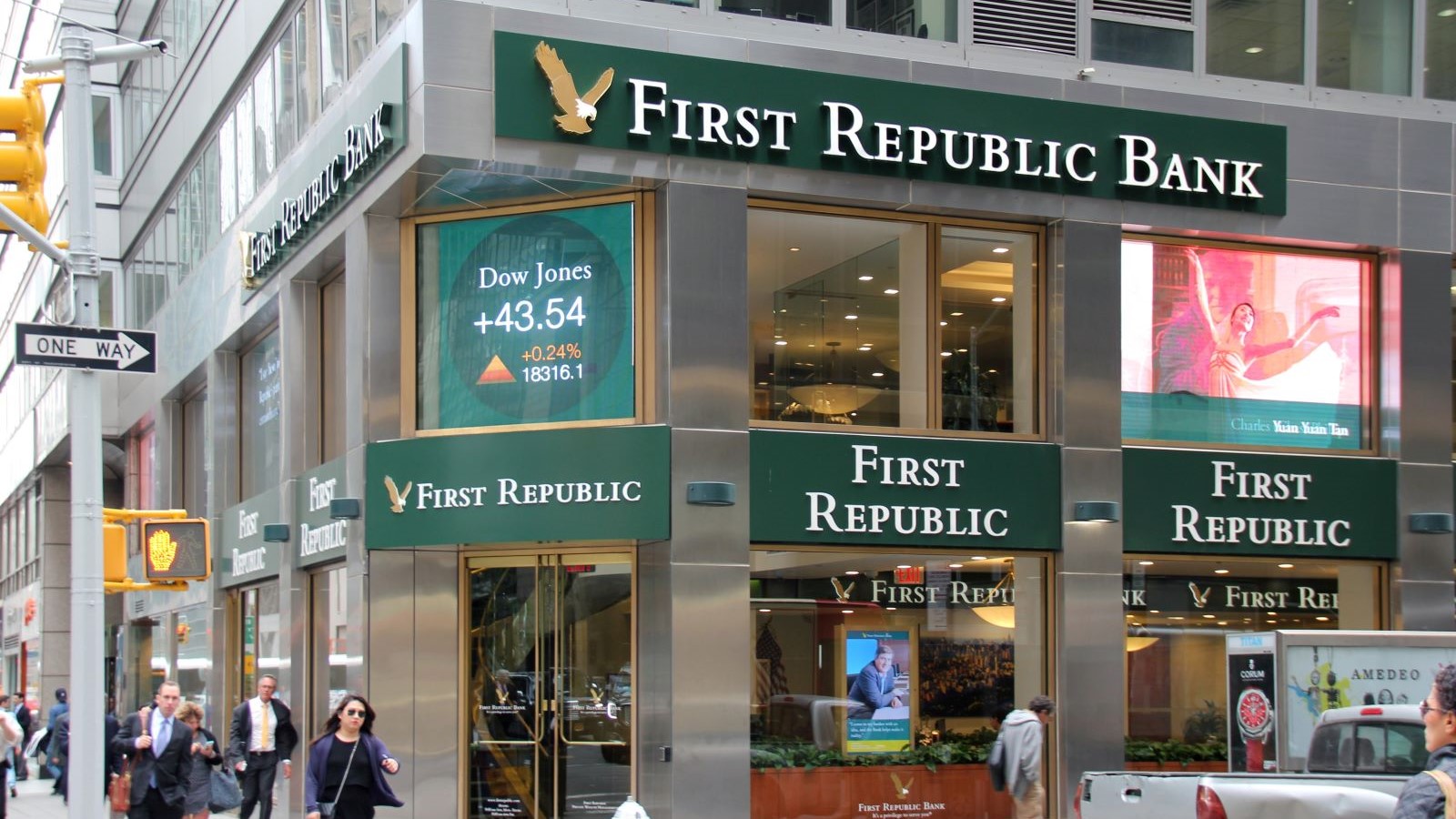
First Republic Bank collapse is a reminder why we need reform
Congress should restore commonsense safeguards that would help prevent more bank failures.
The recent collapse of Silicon Valley Bank (SVB) was the second-largest bank failure ever.
Then, on May 1, regulators seized and sold First Republic Bank.
Why are these banks failing right now? Here’s one reason: In 2018, the Trump administration and Congress weakened critical regulations that were meant to prevent these kinds of collapses.
Bank failures are dangerous and costly. In addition to putting the finances of depositors at risk, these failures have ripple effects across the entire economy. Already, it’s becoming harder for consumers and businesses to obtain loans, it seems likely that other small and midsize banks could be at risk in the near future.
But our elected officials have a chance to restore some much-needed safeguards that would help prevent more bank collapses from happening. That’s why we’re Congress to pass the Secure Viable Banking Act, which would restore depositor protections and protect against bank failures.
Weak bank safety standards are leading to costly failures
The SVB failure also led to the failure of Signature Bank in New York. First Republic Bank, headquartered in California, also experienced a bank run and had to receive a bailout — before ultimately folding entirely.
All three banks had one thing in common: They had assets between $50 billion and $250 billion. That range is significant because, during the Trump administration, Congress passed a law rolling back regulations for banks of this size. The rollbacks raised the threshold for when and which banks are required to undergo stress tests or submit so-called “living wills” — both safety valves designed to avoid financial disaster. (These safeguards were first codified in the 2010 Dodd-Frank Act, which PIRG helped pass in the wake of the 2008 financial crisis. We opposed reversing them five years ago, and are hopeful this Congress will bring them back.)
The Secure Viable Banking Act will help protect consumers
Enter the Secure Viable Banking Act, introduced by U.S. Sen. Elizabeth Warren (Mass.), U.S. Rep. Katie Porter (Calif.) and others.
Its purpose is simple: Make mid-size banks adhere to the same financial safety standards as larger ones.
The collapses of SVB and now First Republic were costly ones. Now, let’s take the opportunity in front of us to prevent similar situations in the future.
Tell Congress: Protect consumers. Pass the Secure Viable Banking Act.
Topics
Authors
Ed Mierzwinski
Senior Director, Federal Consumer Program, PIRG
Ed oversees U.S. PIRG’s federal consumer program, helping to lead national efforts to improve consumer credit reporting laws, identity theft protections, product safety regulations and more. Ed is co-founder and continuing leader of the coalition, Americans For Financial Reform, which fought for the Dodd-Frank Wall Street Reform and Consumer Protection Act of 2010, including as its centerpiece the Consumer Financial Protection Bureau. He was awarded the Consumer Federation of America's Esther Peterson Consumer Service Award in 2006, Privacy International's Brandeis Award in 2003, and numerous annual "Top Lobbyist" awards from The Hill and other outlets. Ed lives in Virginia, and on weekends he enjoys biking with friends on the many local bicycle trails.
Find Out More

Our 2024 priorities in the states

A look back at what our unique network accomplished in 2023

Mastercard, don’t sell my data


